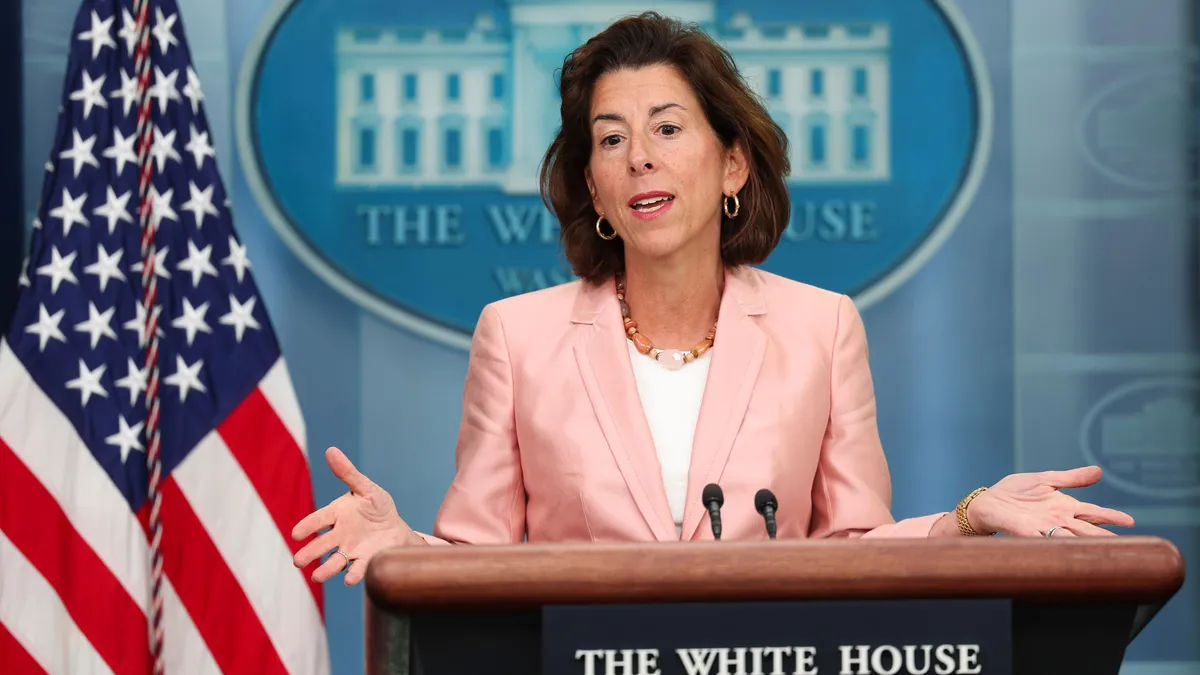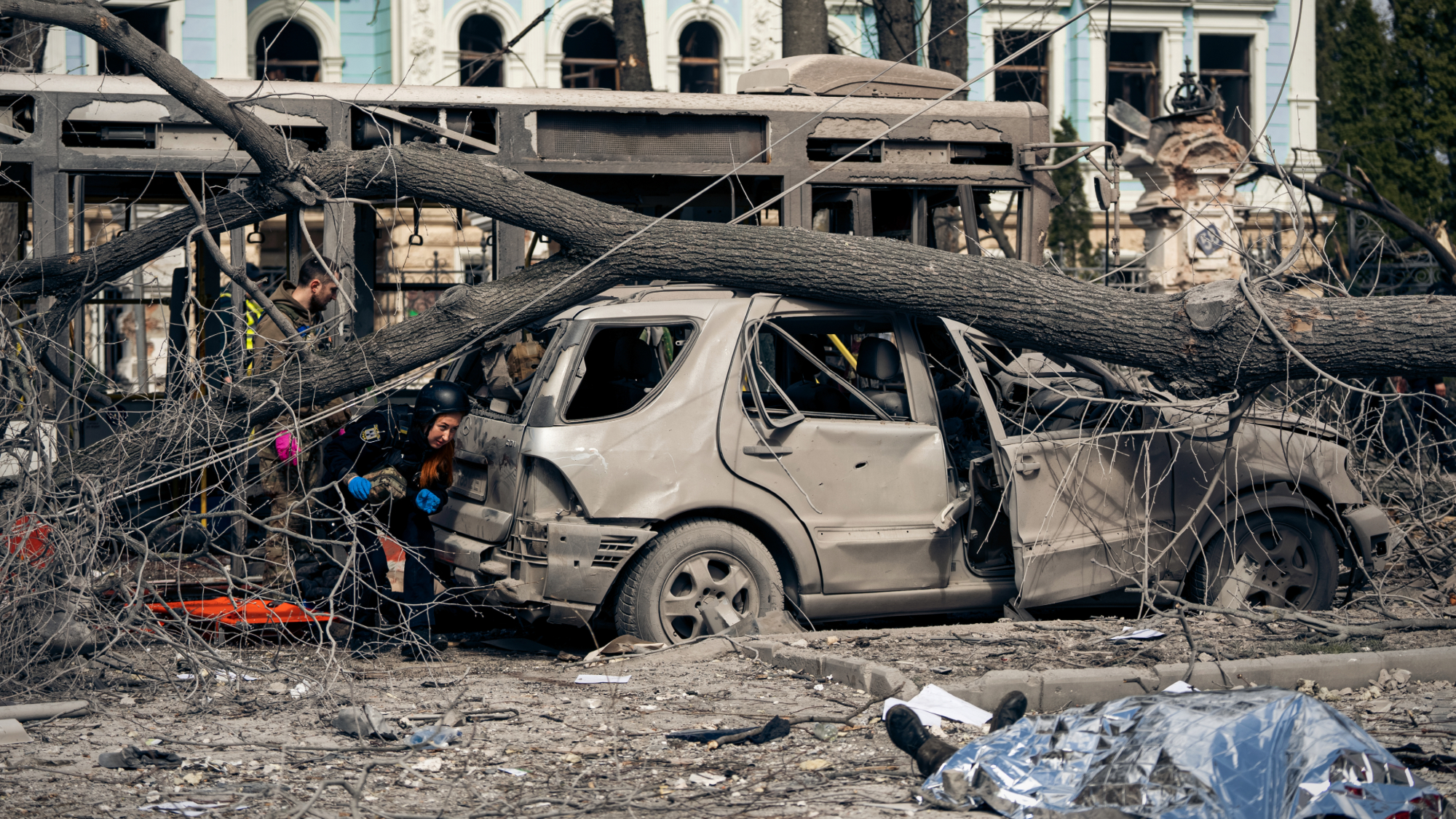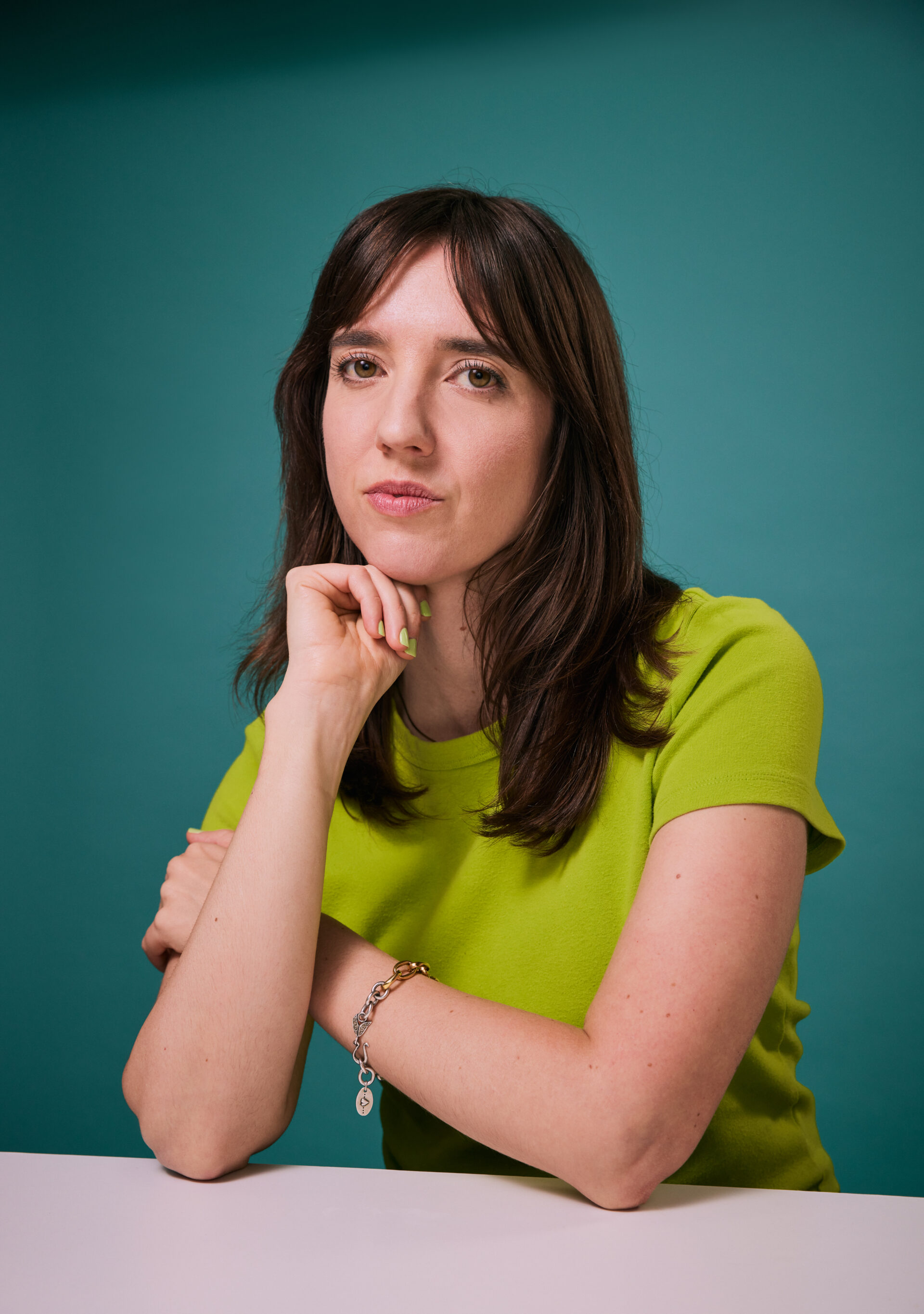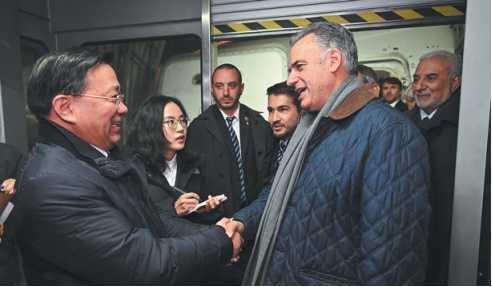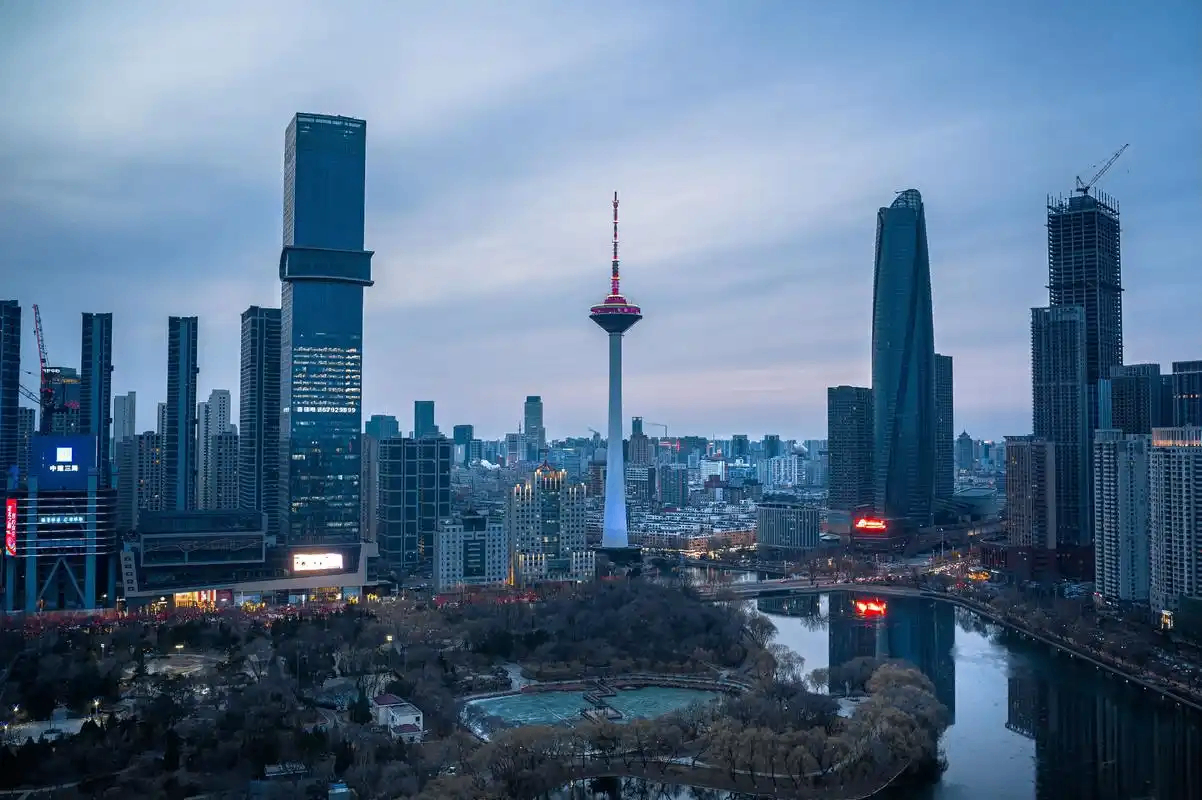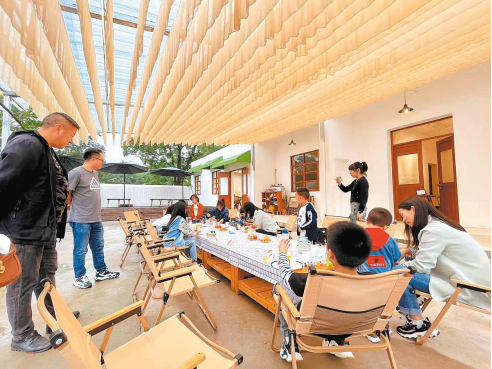Editor’s Note: New Hampshire will host the first primary of the 2016 presidential election on February 9. New England town hall meetings and candidates’ offices provide New Hampshire residents, including teachers and students, with a close up look at how the electoral process works.
Scott Thompson teaches social studies at Manchester High School West. The 36-year veteran educator reflects on what it’s like to teach in a state where one-on-one conversations with would-be presidents are in the realm of possibility and students, like much of the adult electorate, show a mixed interest in politics.
Every four years, I eagerly await the New Hampshire primary and the many “teachable moments” it offers. Each season is unique: some contain huge excitement while others are as bland as some of the candidates.
In 1992, a colleague and I vowed to see every candidate we could. We were young, single and felt that traveling to high school libraries, auditoriums and gymnasiums would help both us and our students be more in tune with the candidates and the electorate.
I spent five minutes in conversation with Bill Clinton while an aid urged him to leave for his next stop on the trail. We stood outside a middle school gym in Goffstown on a freezing Saturday morning to see President George H.W. Bush and ” The Terminator” promise to “be back” after Bush’s victory.
Did all this make us better informed? Did our tales of the dialogue with each candidate benefit our students? I don’t know, but I hope they are inspired to seek opportunities to see and chat with candidates.
In 2000, our school was fortunate enough to have visits from both then Vice President Al Gore and George W. Bush. Bush spoke about education and his accomplishments as governor. My strongest memory, however, is of the students who were put off by the Texas Rangers in charge of securing the building, blocking off the hallways and making period changes a hassle. Vice President Gore talked of keeping the progress achieved by his predecessor alive without mentioning said predecessor.
In 2008, Ambassador Richard Holbrooke spent an hour with my A.P. students sharing his experiences while working with the Clinton campaign, but my students had their eyes on another candidate, Barack Obama.
Several of my kids, most not old enough to vote in either the primary or general election, became volunteers and walked the neighborhoods of Manchester in support of the then Senator. On Inauguration Day, many of those kids stayed after their semester exams and watched the swearing-in ceremony and ate pizza in my classroom.
Until recently, the candidates haven’t been as available, relying on the media for exposure and surrogates to spread their message. With town hall meetings and pre-selected audiences replacing school visits, access to candidates is more limited than it used to be.
Not that there’s no excitement. With candidates like Trump and Sanders, even the least interested can find something that attracts them. I even have a few kids who have been volunteering for the Sanders’ campaign and enjoying it. Some have watched the debates and seem to have mixed feelings as to their value. They, like many, would like to see more of an honest discussion of issues and less of a reality show atmosphere.
A representative from the Sanders campaign recently visited my Global Perspectives class and faced some tough questions from a few students mostly about how he planned to pay for many of his proposals and his plans for dealing with the many crises our future leaders face. But, the buzz isn’t there. Maybe it’s that I’m older and the students seem younger. I could say it’s apathy, but that would be too easy. I think my students deserve more credit than that. After all, some have sat through three semesters of my trying to explain the importance of being an educated voter. The fact that they are watching the debates and discussing the issues puts them in a much better spot than many potential voters.
Like all kids, mine are the product of their environment. They come either from a neighborhood where government seems to do as little as possible to help or countries that make Manchester look like heaven. They go to a school that is not yet ready for the 21st century world they will enter.
They come from broken homes and families that often defy what a democratic society’s definition of family is or should be. More than half of our students qualify for free lunch and breakfast. The simple solutions of Trump and the utopian promises of a free college education from Sanders are really all they hear. Just like us, they seem to have one question, when it’s all said and done, who will deliver what’s best for people like me?
Popular News


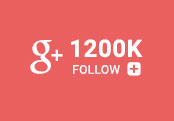
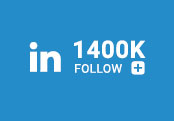
Current News
Manufacturing

Collaboratively administrate empowered markets via plug-and-play networks. Dynamically procrastinate B2C users after installed base benefits. Dramatically visualize customer directed convergence without
Collaboratively administrate empowered markets via plug-and-play networks. Dynamically procrastinate B2C users after installed base benefits. Dramatically visualize customer directed convergence without revolutionary ROI.





About Us
Tech Photos


